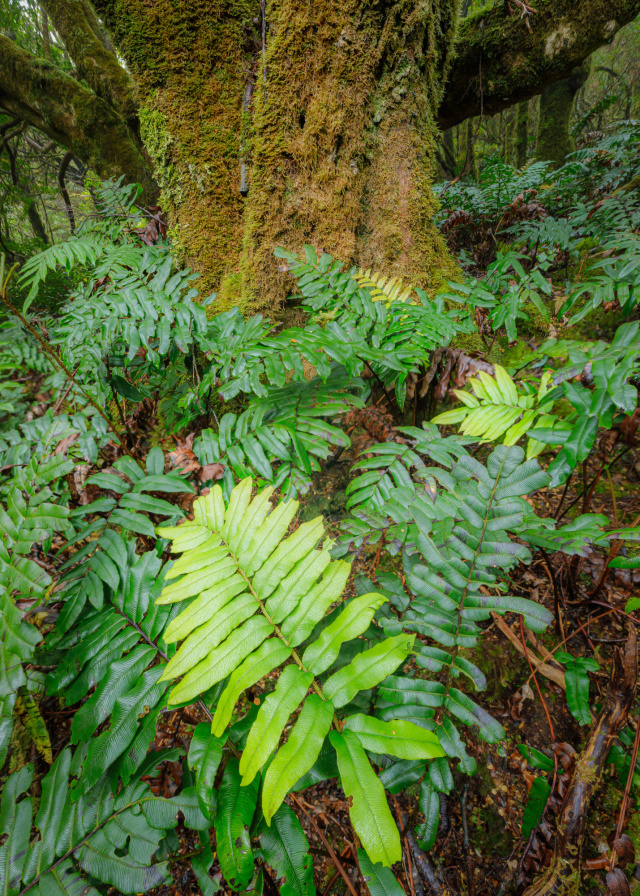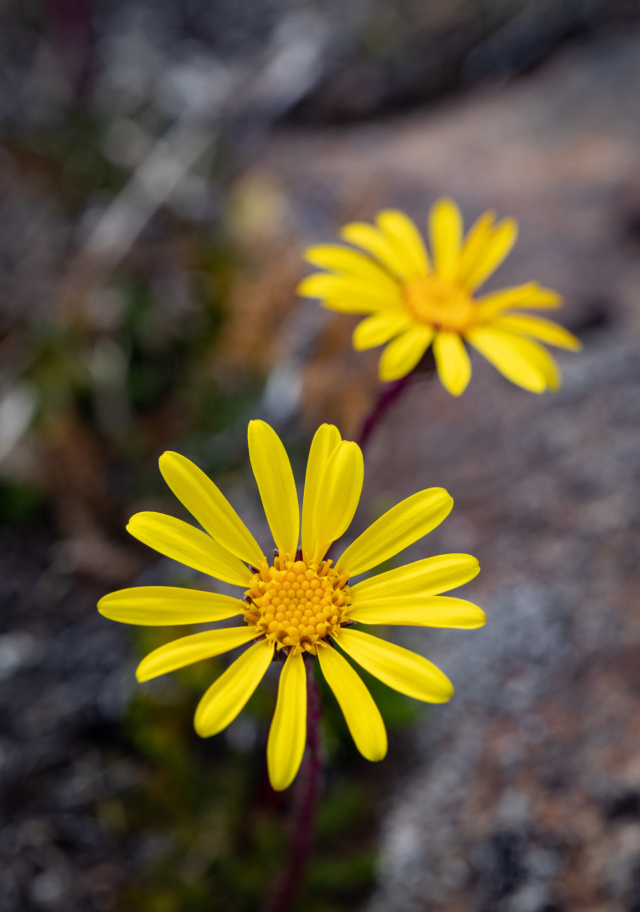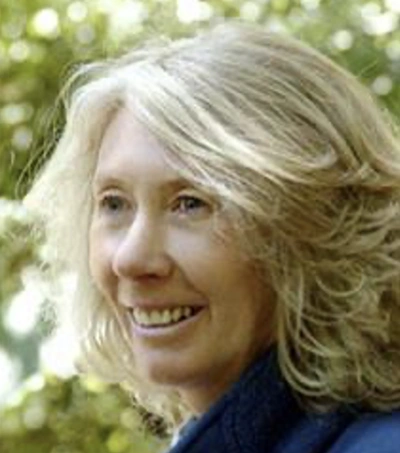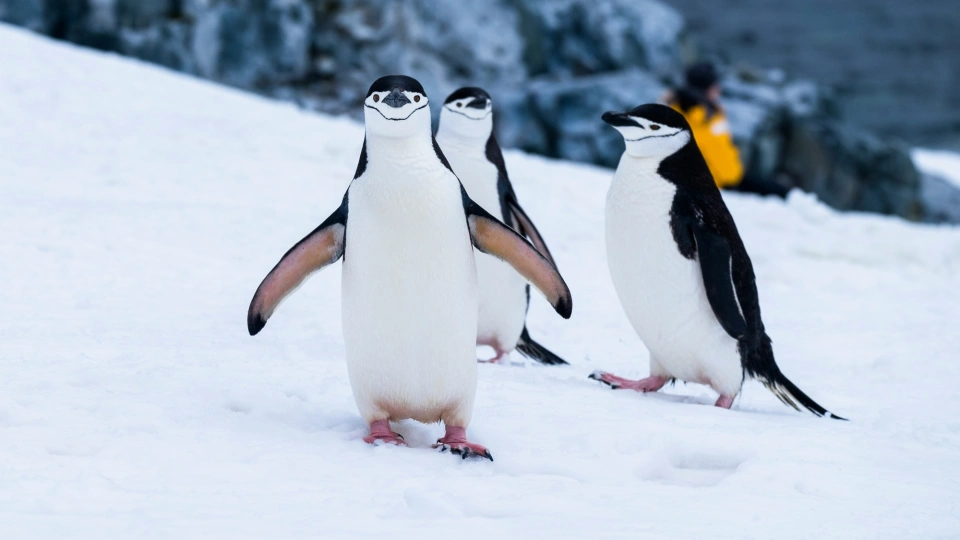A sense of wonder
She was a fanatically well organised woman - all the housework was always done before breakfast. Washing, ironing, everything that needed to be cleaned, so that after breakfast we would go out. We lived in Canberra and we'd walk.
We would walk, even with my brother as a baby in a pram, in what was then still loads of bush in Canberra.
And we would go to the mountains with my father - so as a young child I roamed wild in the snowy mountains. We lived in Kiandra. And I'd just go out in the day and wander around the streams and collect butterflies and wildflowers and go and talk to the miners who were still in the old huts.
It was a completely free childhood. I could wander anywhere as a child and my mother was always confident that I'd be fine.
She said, “You've got such a lot of common sense, you can do it.”
I would say to her, “I'm going to go over there,” and she'd say, “Be back by dark. Do you want lunch?” From a very early age.
She grew up in Henry Kendall country at Gosford, and would walk to school along crystal clear streams with maidenhair fern and bell birds. Going with her, she'd find the maidenhair ferns, and other kinds of fern, and different plants - she was absolutely in love with the bush herself.
That's where it comes from.

It's not just that you value it. I think there are many other benefits that come from it, including a sense of freedom, self-confidence and independence, just from being out in Nature and able to explore.
For me, as a child, there was this incredible sense of freedom, and autonomy, and discovery.
There was always something to discover, whether it was sitting in somebody's garden, imagining that there were fairy homes hidden in the flowers and the plants, imagining a whole world in existence there, or roaming in wild nature and finding interesting plants, rocks, birds, lizards, frogs, wombats and wallabies or kangaroos.
You discover things at so many different levels. Not just about how beautiful things are and that sense of how things work, but also about yourself and what you're able to do.
There's a sort of self-confidence that comes with it, I think.

Apart from a sense of wonder, I also think there's a level of self-confidence that emerges from not being afraid in the bush.

Virginia Young
She was a fanatically well organised woman - all the housework was always done before breakfast. Washing, ironing, everything that needed to be cleaned, so that after breakfast we would go out. We lived in Canberra and we'd walk.
We would walk, even with my brother as a baby in a pram, in what was then still loads of bush in Canberra.
And we would go to the mountains with my father - so as a young child I roamed wild in the snowy mountains. We lived in Kiandra. And I'd just go out in the day and wander around the streams and collect butterflies and wildflowers and go and talk to the miners who were still in the old huts.
It was a completely free childhood. I could wander anywhere as a child and my mother was always confident that I'd be fine.
She said, “You've got such a lot of common sense, you can do it.”
I would say to her, “I'm going to go over there,” and she'd say, “Be back by dark. Do you want lunch?” From a very early age.
She grew up in Henry Kendall country at Gosford, and would walk to school along crystal clear streams with maidenhair fern and bell birds. Going with her, she'd find the maidenhair ferns, and other kinds of fern, and different plants - she was absolutely in love with the bush herself.
That's where it comes from.

It's not just that you value it. I think there are many other benefits that come from it, including a sense of freedom, self-confidence and independence, just from being out in Nature and able to explore.
For me, as a child, there was this incredible sense of freedom, and autonomy, and discovery.
There was always something to discover, whether it was sitting in somebody's garden, imagining that there were fairy homes hidden in the flowers and the plants, imagining a whole world in existence there, or roaming in wild nature and finding interesting plants, rocks, birds, lizards, frogs, wombats and wallabies or kangaroos.
You discover things at so many different levels. Not just about how beautiful things are and that sense of how things work, but also about yourself and what you're able to do.
There's a sort of self-confidence that comes with it, I think.

Apart from a sense of wonder, I also think there's a level of self-confidence that emerges from not being afraid in the bush.
You might like...

The Rights of Nature

The colours of Nature

Stewards of Nature: a couple's commitment to Pagatpat Mangrove Park

Rising Earthkeepers: Youthful Hopes for a Sustainable Planet
Newsletter
Sign up to keep in touch with articles, updates, events or news from Kuno, your platform for nature
